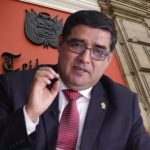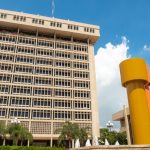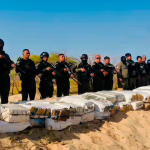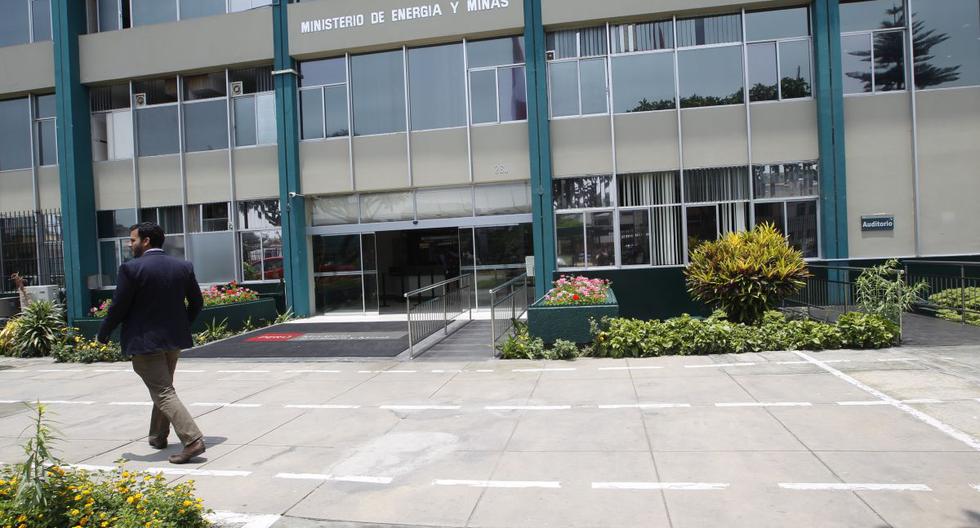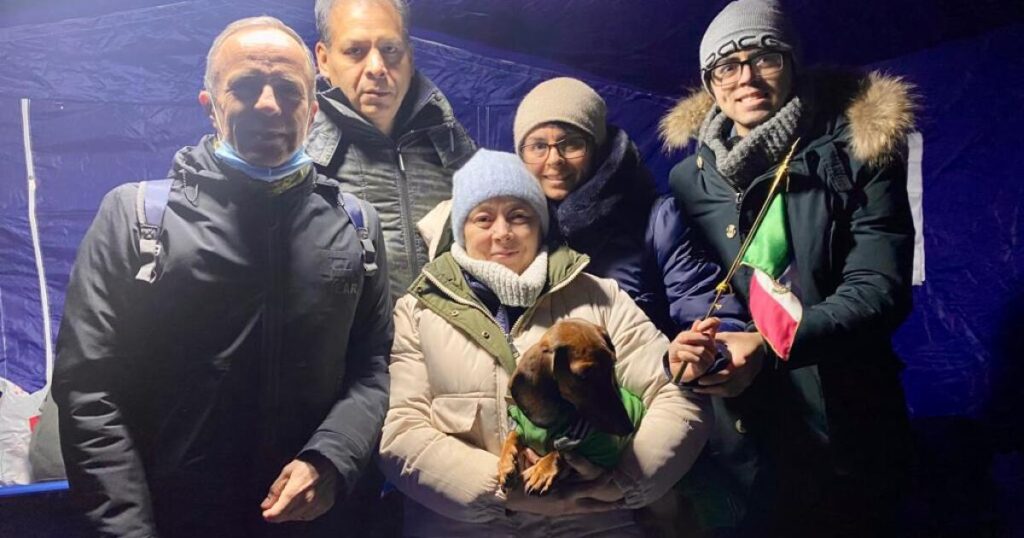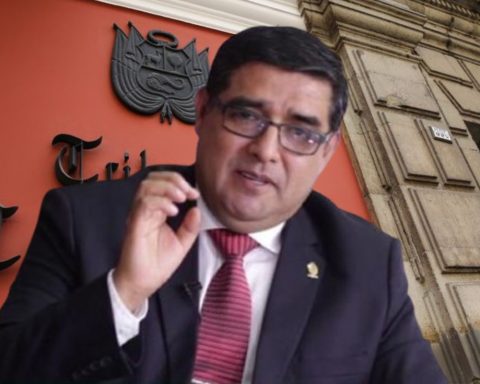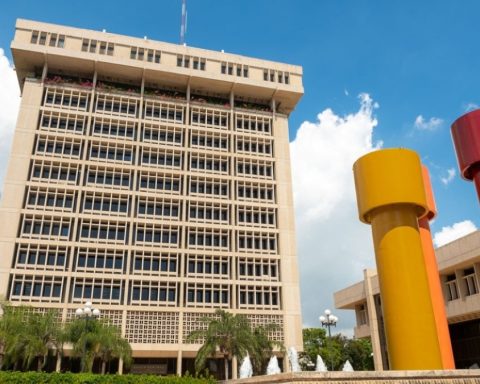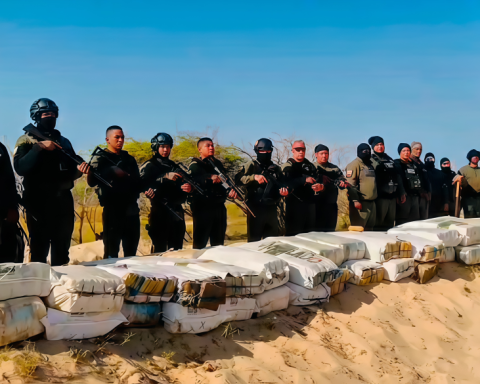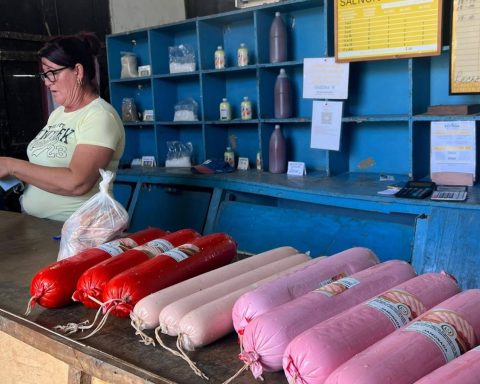On March 7 like today, but from 2020, the Ministry of Health confirmed the first case of coronavirus in the country. Days later the total quarantine was already available. Weeks later the national emergency law and a loan of USD 1,600 million, among many other things.
On a Saturday afternoon, on March 7, 2020, at a press conference called urgently, the then Minister of Health, Julio Mazzoleni, together with the deputy, Julio Rolón, reported the detection of the first patient with coronavirus.
He was a 32-year-old man from Ecuador, who had consulted for fever and throat problems. His condition was not serious. At that time, all health officials and people who had contact with the patient remained under surveillance by the Surveillance Directorate.
Back then, there was already talk of the need for hand washing and “cough etiquette” (coughing into the flexure of the arm). However, it was indicated that the use of the mask was exclusive for those who presented symptoms breathing, in order to protect others.
On Tuesday, March 10, also in the afternoon, Mario Abdo Benítez declared by decree total quarantine and social isolation from March 11 for 15 days and implemented the slogan #Stayhome. Since then, all economic sectors have been paralyzed, including education at all levels.

Mario Abdo Benítez and his motto “Stay home”.
However, everything was expected to resume effectively in 15 days, but to everyone’s surprise, on March 28, the Executive and his team announced that the total quarantine was extended until April 12. “After listening to the arguments of all sectors. I have decided to maintain total isolation until April 12. I ask for one more effort from everyone! Let’s continue in solidarity with our health system, ”Abdo wrote on his Twitter account.

Image with which Abdo announced the extension of the total quarantine.
In its article 1, the decree provided for the total restriction of the transit of people and vehicles and established that all inhabitants must remain in their habitual residence and that they could only go out for minimal and essential trips such as the purchase of food, medicines and cleaning supplies.
The few exceptions were the national authorities, workers in the media, supermarkets, pantries, pharmacies and the logistics chain for the provision of food, drugs, etc.
On the other hand, days before the extension, that is, on March 26, the law declaring an emergency throughout the national territory in the face of the Covid-19 pandemic was already enacted. The legislation empowered the Executive to take exceptional budgetary, fiscal and administrative measures.
Congress approved a credit of 1,600 million dollars for the emergency, of which approximately 400 million were for the Ministry of Health. Subsequently, other measures came, such as assistance to suspended workers through an IPS subsidy.
The economy experienced its worst period between April and May, from which it began to reactivate very timidly with the “intelligent quarantine”, although certain sectors never managed to recover, since restrictions continued for them, such as gastronomy , events and tourism, the last to be enabled upon return.







